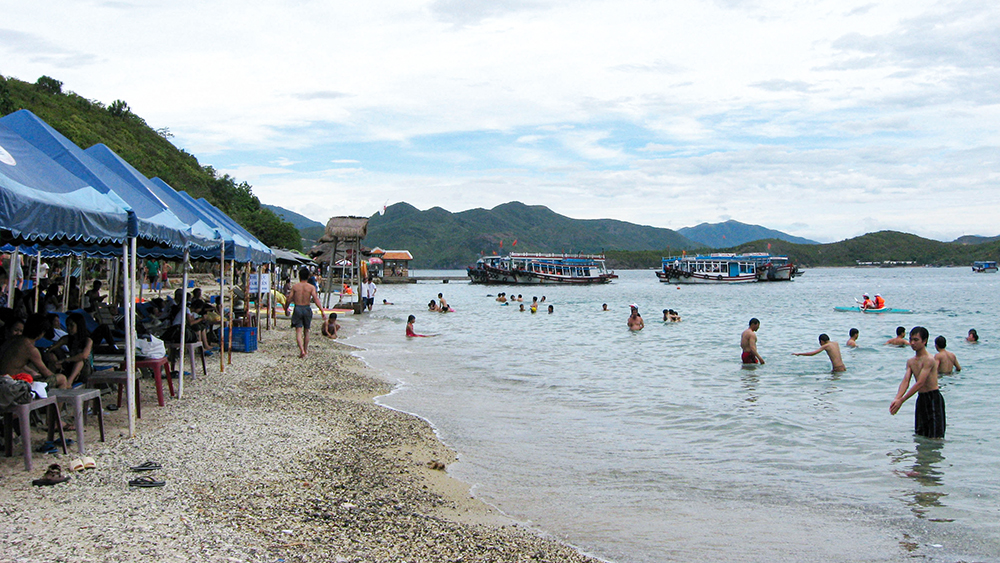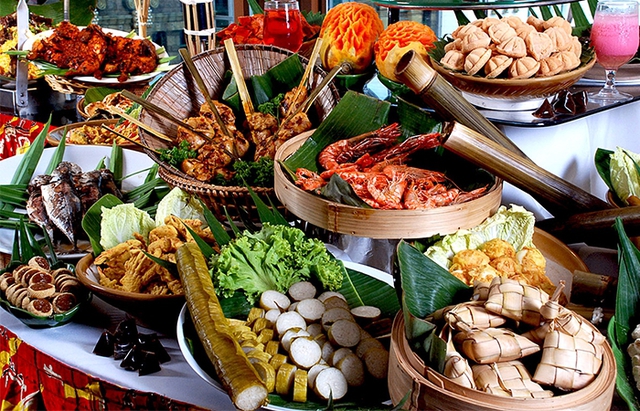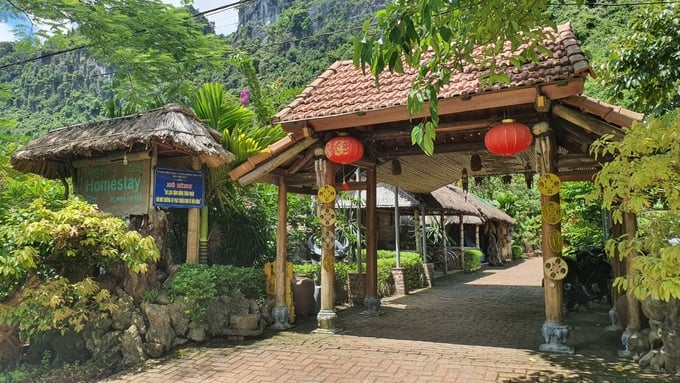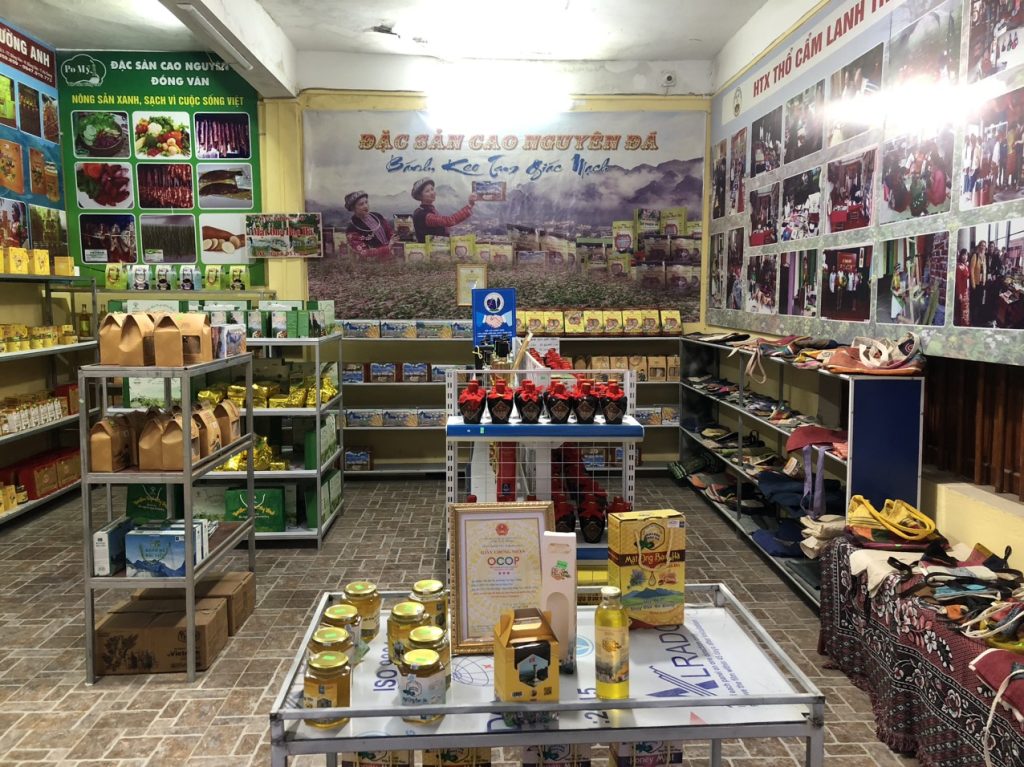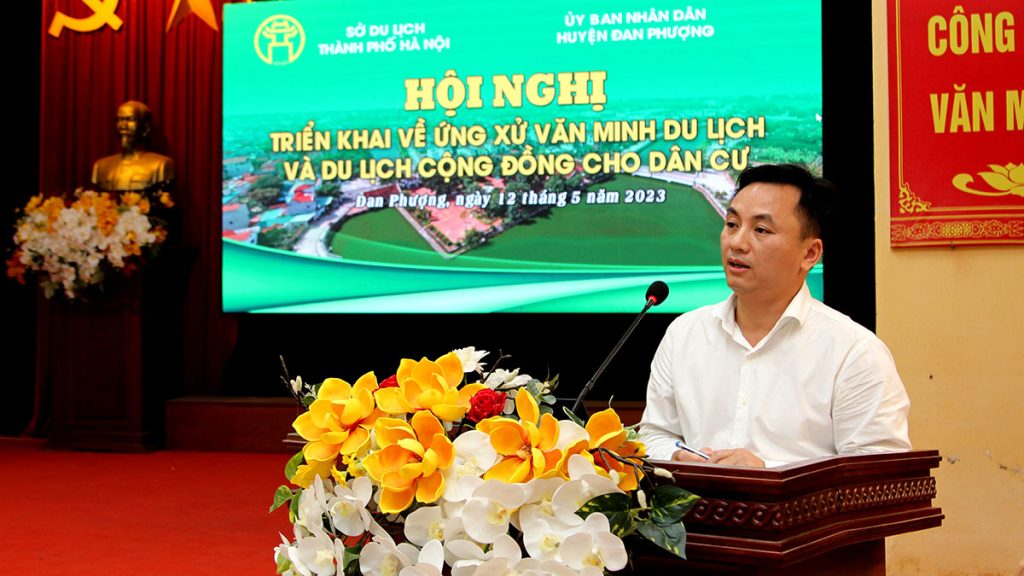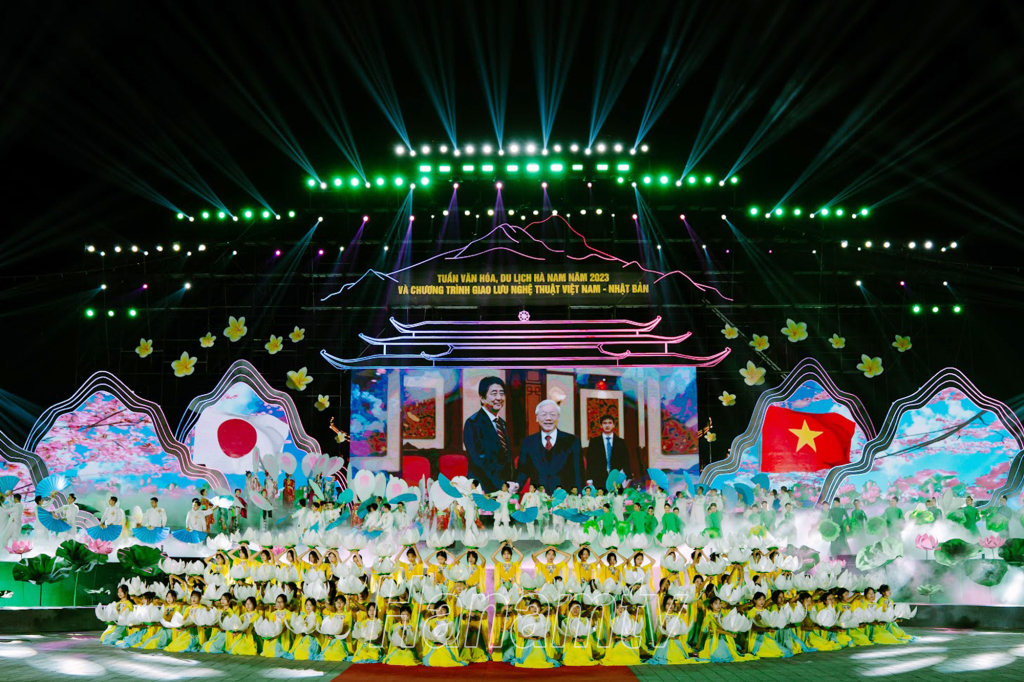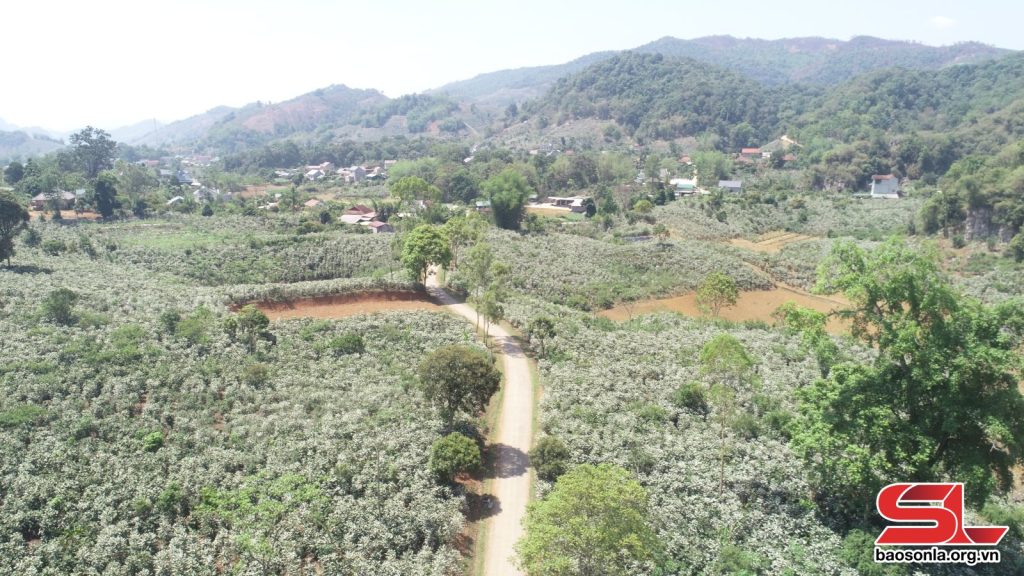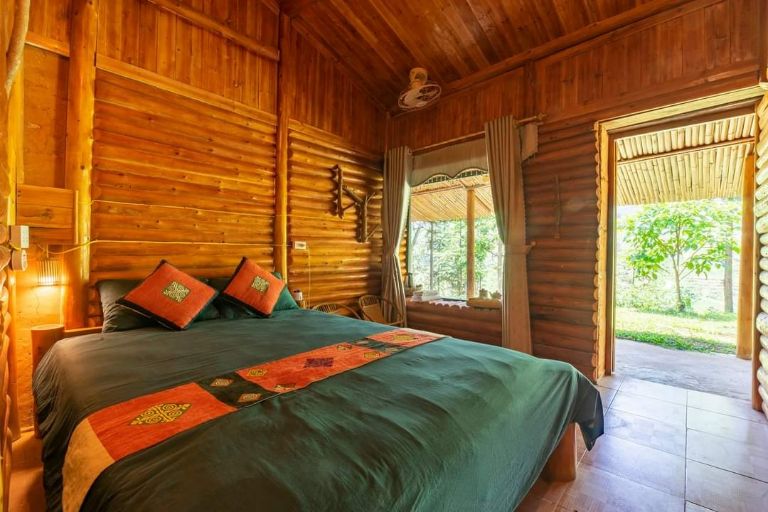(TITC) – As of July 1, 2025, the provinces of Khanh Hoa and Ninh Thuan officially merged to form the new Khanh Hoa Province – a dynamic administrative region stretching from the Ca Pass to the Ca Na coast, from the Cam Ranh Peninsula to the sun-drenched vineyards of Ninh Hai. This merger not only expands development opportunities but also brings together two distinct identities: the rich culture of the sea and the resilience of the mountains.
In rural tourism, where cultural authenticity, natural beauty, and traditional ways of life shine brightest, this union creates an exceptional travel corridor – uniting coastal fishing villages, salt fields, vineyards, sheep pastures, and centuries-old Cham villages into one compelling destination.
Van Ninh: Rural Life Along Van Phong Bay
Van Ninh, home to the crystal-clear waters and vibrant coral reefs of Van Phong Bay, is dotted with coastal villages like Dai Lanh, Van Thanh, and Van Long. Here, residents still make their living through traditional fishing, aquaculture, and fish sauce production.
Tourists can experience “a day in the life of a fisherman” – rowing basket boats, casting nets, fishing for squid at night, or harvesting seaweed, a prized local specialty – OCOP-certified products such as dried fish, shrimp paste, and traditional fish sauce contribute to a growing value chain that supports sustainable rural tourism.
Nha Trang: Coconut Hamlets and Coastal Craft Villages
Beyond its famous beaches, Nha Trang hides a quieter world of peaceful villages like Vinh Ngoc, Vinh Thai, and Phuoc Dong. Here, locals maintain garden houses, cultivate clean vegetables, raise free-range poultry, and produce wild honey and rice paper.
Traditional craft villages such as Ngoc Hiep (mat weaving), Phuoc Hai (bánh căn making), and eco-garden homestays in Vinh Phuong and Dien Khanh are now being woven into the city’s green tourism offerings – providing a refreshing balance to urban coastal experiences.
Cam Lam – Cam Ranh: Ecotourism in Lagoons and Mango Orchards
Cam Lam is known for its vast mango orchards, particularly Australian mangoes and Hoa Loc sand mangoes. Areas such as Cam Hoa, Cam Hiep Bac, and Cam Thanh Bac are developing farm tourism models that blend agriculture with resort experiences.
In neighboring Cam Ranh, rural tourism thrives in the Thuy Trieu Lagoon and the Suoi Tien and Suoi Lon regions, where visitors can explore brackish-water ecosystems. Tourists can harvest oysters, cobia, clams, and razor clams, then enjoy them freshly prepared on floating rafts – creating “garden–lagoon–table” journey.
Ninh Phuoc – Ninh Hai: Land of Grapes, Sheep, and Cham Culture
Known as the “capital of arid agriculture,” Ninh Phuoc and Ninh Hai have turned their sunny, windy climate into an asset for unique rural tourism.
In Phuoc Thuan, Phuoc Huu, and An Hai, visitors can tour vineyards, learn how to make wine, syrup, and jam, or experience life as a shepherd – herding sheep and goats, milking, and feeding them in the fields.
Cham villages such as My Nghiep (brocade weaving), Bau Truc (pottery), and Tuan Tu (stone carving) offer immersive cultural experiences. Tourists can stay with local families, learn traditional crafts, listen to Cham folk music, attend spiritual rituals, and savor Cham cuisine, including chicken rice, goat curry, and palm cakes.
Thuan Bac – Bac Ai: Community-Based Tourism in the Highlands
In the mountainous regions of Phuoc Chien, Phuoc Khang, and Phuoc Dai, community-based tourism centered on Raglai ethnic culture is taking shape. Visitors stay in traditional longhouses, participate in epic storytelling, learn gong dancing, and join in farming and foraging activities – such as collecting wild medicinal herbs, growing corn on hill slopes, or hunting wild bees.
With its cool climate, pristine natural surroundings, and rich indigenous culture, the highlands of former Ninh Thuan are becoming an emerging destination for eco-resort experiences and cultural immersion – ideal for travelers seeking meaningful, “deep travel” experiences.
Tourism Information Technology Center

